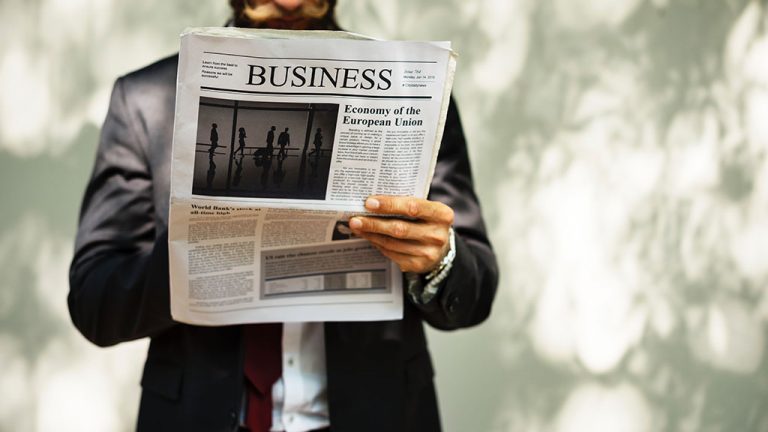There are currently two crises underway simultaneously. The advance of the novel coronavirus is taking a terrible toll in terms of physical and emotional well-being. At the same time, job losses resulting from ‘social distancing’ are sending the economy into a tailspin. To fight on both fronts, governments are advancing rescue packages of never-seen-before dimensions. Every day, the tremendous number of factors in play reconfigure in a new way. These ‘from the trenches’ notes attempt to shed some light along a murky pathway.
- What is one to make of half-its-old-price gasoline? In theory, it sounds great. But you just know there are a lot of ‘buts’ to go with it. The reason petrol is so cheap is because individuals are not commuting to places of employment and tourists aren’t traveling. And because Saudi Arabia is pumping out more oil than usual to grab additional market share. Certain states and provinces are quite dependent on tax and royalty revenues from energy production. Texas, Louisiana, Colorado and North Dakota in the U.S. and Alberta, Saskatchewan and Newfoundland and Labrador in Canada are hurting. In the U.S., it’s the airline industry that needs rescuing. In Canada, it’s the fossil fuel sector.
- Some surprising enterprises are becoming public service companies. Take WalMart. WalMart’s initial expansion into communities far and wide across the U.S. and Canada was met with criticism on the grounds that it was driving main street retailers out of business. Now, with many smaller shopkeepers forced to shut down for a different reason, i.e., as a health measure, WalMart has become the nearest thing possible to a last resort for consumers needing essential personal care and grocery items. Not everyone is buying everything over the Internet.
- Bill Gates, a man who’s shown considerable insight in the past, is telling anyone who asks his opinion that he expects the coronavirus crisis to last six to ten weeks. Six weeks was the experience in China. The possible longer duration of ten weeks is presumably because the personal interaction restrictions in the province of Hubei and city of Wuhan, China were more severe than are currently in place in North America. By comparison, we only think our movements are being seriously limited.
- Speaking of relaxed restrictions, Sweden is going a different direction than nearly every other nation. The Swedish government has taken a stand against gatherings of 50 people or more, but schools and restaurants are being allowed to stay open. There’s lots of concern that this will take Sweden to a very bad place. It’s not as if the country isn’t already struggling with COVID-19 cases and mortalities.
- The present circumstances present a substantial disincentive to commit a crime. Within its tight confines, a prison is not the place where you want to weather out the coronavirus crisis.
Read the previous article here: The Economy Under COVID-19: Notes from the Trenches – March 27, 2020.
Alex Carrick is Chief Economist for ConstructConnect. He has delivered presentations throughout North America on the U.S., Canadian and world construction outlooks. Mr. Carrick has been with the company since 1985. Links to his numerous articles are featured on Twitter @ConstructConnx, which has 50,000 followers.











Recent Comments
comments for this post are closed